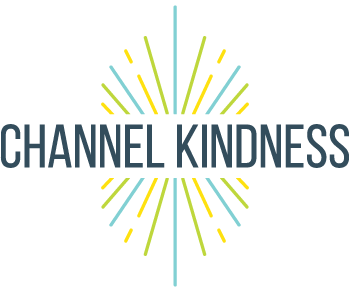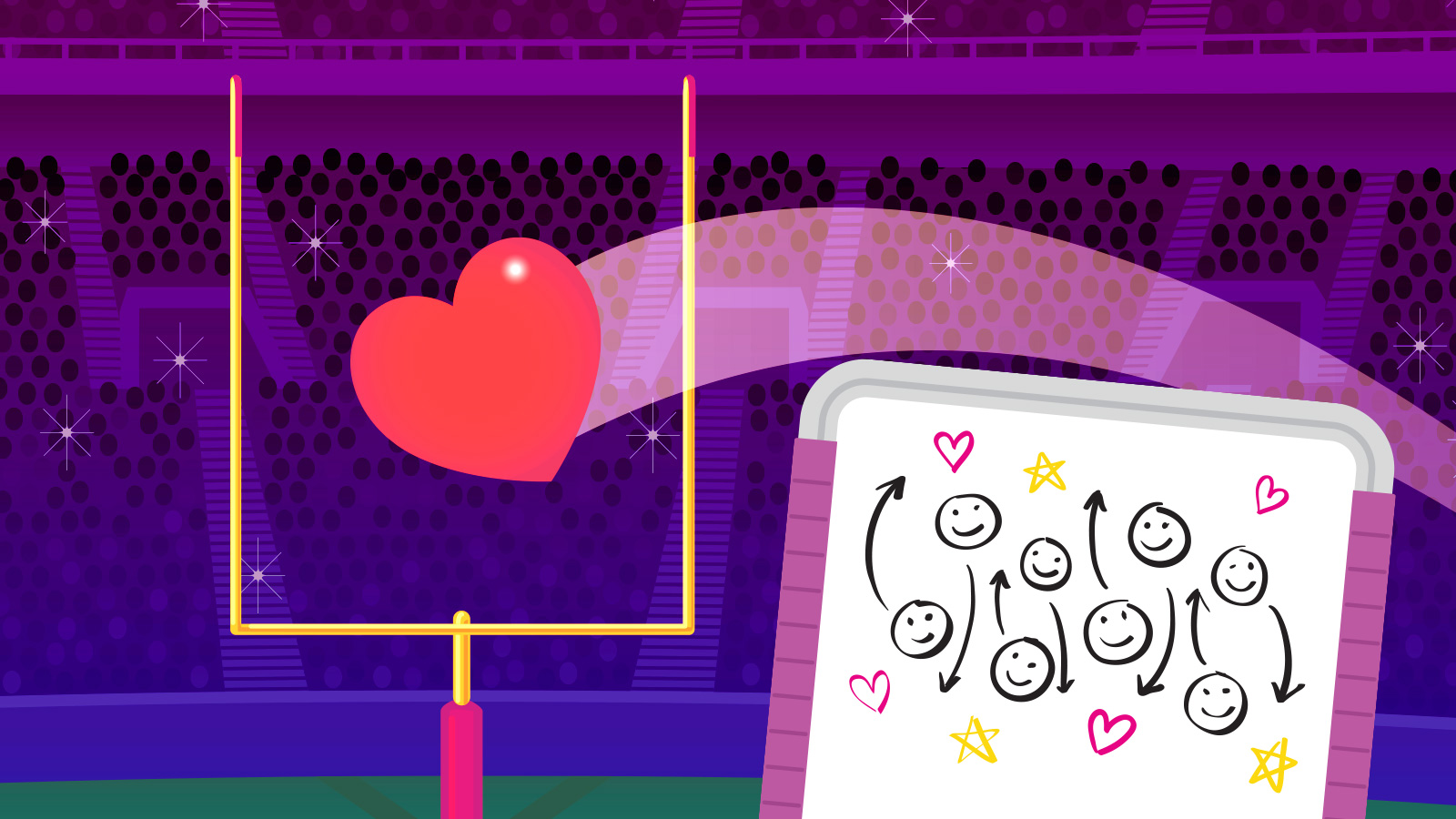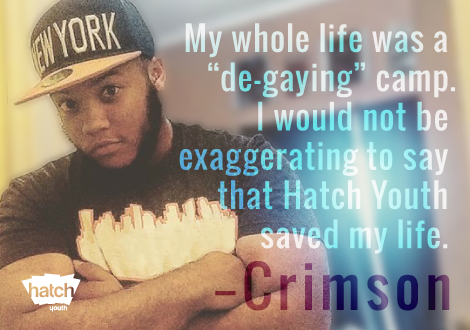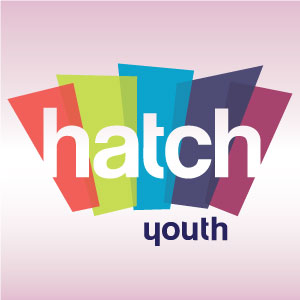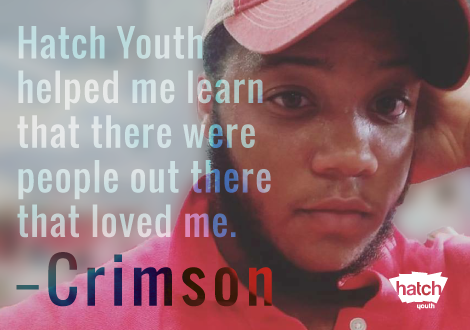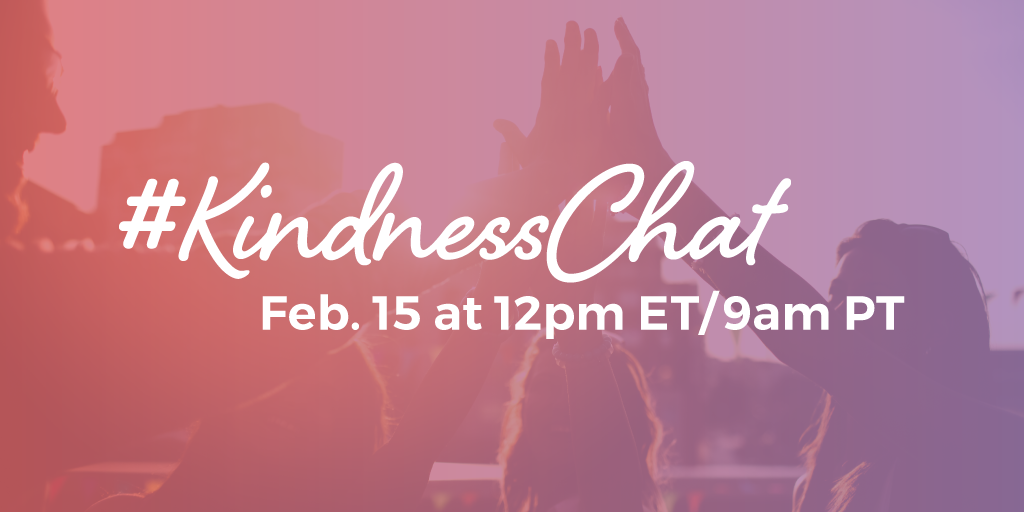The Cast of the Hit Broadway Musical “Dear Evan Hansen” on Kindness, Acceptance, + Mental Health
Last year, we announced that Born This Way Foundation would be launching a new program: Channel Kindness. It’s a platform to give youth a voice in a media landscape that too often ignores or misrepresents young people. It’s a platform to report on the kind, compassionate, and brave individuals and events that shape our communities. And it’s a platform to counterbalance the negative narratives that dominate the media and inspire hope that progress is possible.
Visit ChannelKindness.org today and be sure to follow Channel Kindness on social media: Facebook, Twitter and Instagram.
“Dear Evan Hansen” is a hit Broadway musical exploring the lives of a group of high school students as they deal with social anxiety, the pressures of communicating (online and offline), and honesty – with yourself, with your parents and with your community. The cast and crew deliver a brilliant, heartfelt, and altogether extraordinary performance aimed at teens, parents and anyone who has ever felt like an outsider.
Our very own Shadille Estepan and Laura Wilson met up with some of the cast and crew at the opening night and asked them about kindness, acceptance, and mental wellness. Here’s what they had to say:
Ben Platt – “Evan Hansen”
Q: What do you hope the audience takes away from this show?
A: “It’s a particularly scary time in the world at the moment and I think that there is something very powerful about sitting in a room and having a moment with the audience that feels very human, raw, and imperfect and flawed. It sort of reminds people that it may be very terrifying to be seen, to feel really truly seen by people, but that it’s the only way we are ever going to find common ground, is if we are not afraid to see the person beneath the ticks or sort of behavioral strangeness like Evan has. To reach beyond that and see that to see the human being that he is.”
Will Roland – “Jared Kleinman”
Q: “Dear Evan Hansen” focuses on the beautiful themes of mental health, acceptance, and kindness. Why do you feel that this is an important story to tell?
A: “We live in an age where mental wellness and mental health have been brought into the spotlight in a way that perhaps they haven’t in the ages of our forbearers (jokingly) and I think what “Dear Evan Hansen” does is that. It really, sort of, delicately explores that mental health and wellness are multifaceted things. It’s not just about chemicals in your brain, what you’re getting from your mom, or what you’re getting from your friends. It’s all of those things combined and the ways in which you can heal and get better aren’t similarly myriad.”
Kristolyn LLoyd – “Alana Beck”
Q: What does kindness mean to you?
A: “Like Alana, I’d say that I myself also exhibit moments of wanting to be a part and be a help to somebody. And so, I think kindness is that. Kindness is reaching out. Kindness is asking, “How are you?” Kindness is turning to your neighbor and saying, “How can I be of service?” I wouldn’t go as far as Alana does but I think that’s where we all should fall in the middle of. It’s understanding that you have an ability to make a change and an ability to make a difference. “
Laura Dreyfuss – “Zoe Murphy”
Q: What advice would you give to people to be kind even when it’s not returned?
A: “The most important thing is putting yourself in other people’s shoes. I think that that’s probably the hardest thing for a lot of people to do. Mainly, because some people might have never had to. Given where you’ve grown up. It think that’s the key to understanding anybody and to be kind to anybody, it’s by really seeing what it’s like being in their lives and if they are having a bad day, there is probably a reason for it. Everybody is truly doing the best that they can and having grace and forgiveness for that.”
Q: Speaking of grace and forgiveness, how forgiving are you with yourself and the courage it take to be up on stage?
A: “I think that as actors and artists we tend to be really hard on ourselves and be our own worst critics. At the end of the day all you have is you, so you want to hold yourself responsible as much as possible. That’s a constant everyday struggle. Is learning to forgive yourself when you feel like you aren’t doing enough or aren’t good enough. Not good in the sense of talent, but good in the sense of how you’re affecting everybody around you in a positive way.”
Michael Park – “Larry Murphy”
Q: “Dear Evan Hansen” does an incredible job of showing the perspectives of both the kids and the adults in the show – and how surprisingly both feel the same way: lost. Do you think we ever grow out of that, and how do we combat that feeling of isolation?
A: “I’m sorry, I’m getting a little bit emotional because I have three kids and one of my children probably about a year ago was having a really tough time in school and I sat them down and I said, “What is going on? Crying. What is happening?” And I would go through the list of things I thought it might be and they go, “No. Sometimes I just, I feel like Connor.” And I immediately was “trust fallen” and explained to them that you’re not by yourself in feeling this way.”
Mike Faist – Connor Murphy
Q: Born This Way Foundation focuses on the mental health and wellness of young people as does “Dear Evan Hansen,” there is so much synergy there. Why is this an important story to tell?
A: “I feel that it’s an important story to tell because we all deal with it. When I was doing research, if you will, for this. I was talking to a group of people who had attempted to commit suicide, failed, lived and are going through rehab and some of them are diagnosed with bipolar disorder and other things. In talking to them you realize that it’s a spectrum and that we are all on that spectrum and we all have moments of feeling depressed or feeling vulnerable in ways. It’s important because we are all in it together and we all feel this way. I feel like the sooner we can accept that and realize that the sooner we can get on with healing and loving one another.”

